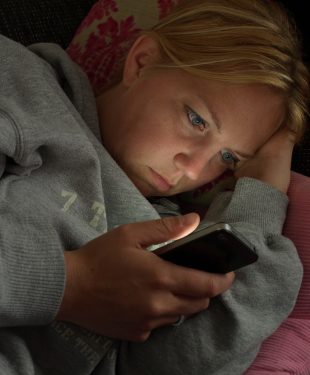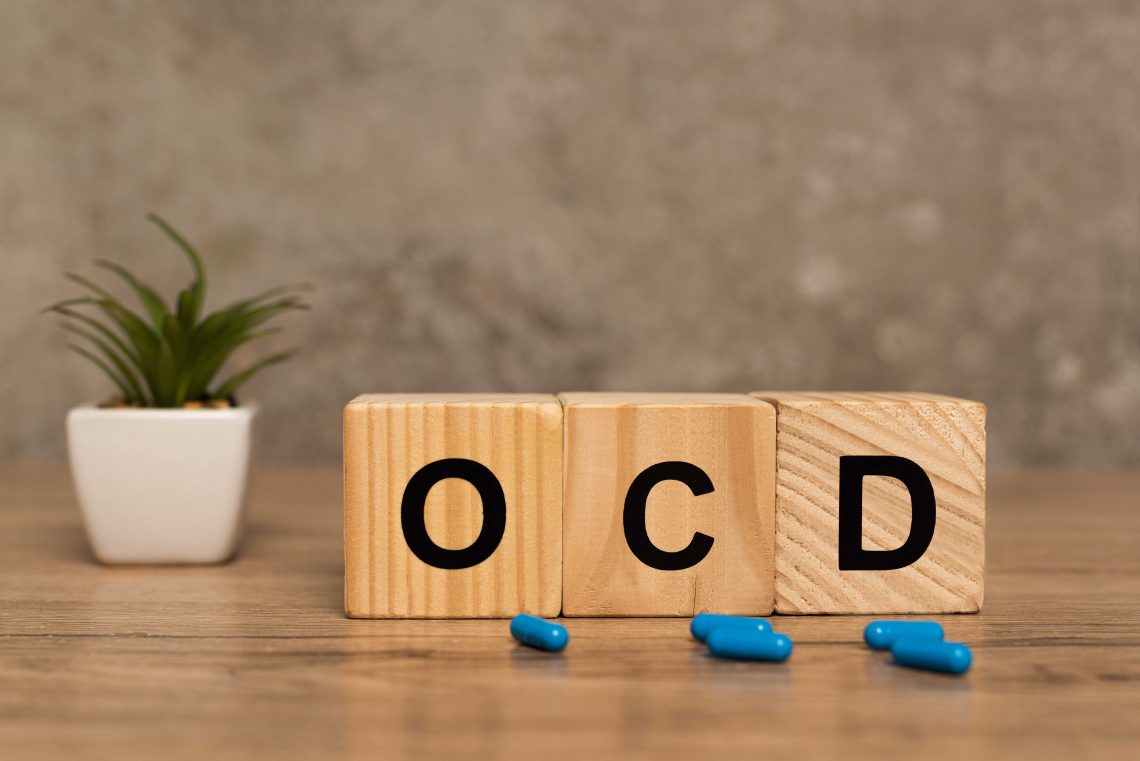Living with OCD isn’t easy, which is why having a consistent support system is one of the main ways to keep your obsessions and compulsions at bay. Of course, your friends and family contribute significantly to how you deal with OCD, but there’s also a need for an independent and unbiased support system to help you receive the proper treatment.
Luckily, there are several helpful OCD apps available for mobile phones. These apps provide distractions from intrusive thoughts, offer support and encouragement, and help you stay present at the moment.
Since the average person spends at least 8 hours a day on their smartphone, it only makes sense for the device to be their personal support system.
Here are five mobile apps that may help with OCD and its symptoms.
How OCD Apps Help
OCD apps help patients in more ways than one, but most importantly, they provide distractions from intrusive thoughts. By offering a healthier topic of focus, OCD apps help reduce the time spent on obsessions and compulsions.
In addition, the right OCD help platforms allow you to challenge your intrusive thoughts. For example, the app may provide information that helps you view your thoughts differently to determine whether the fear is irrational. This is one of the ideal ways to reduce your symptom intensity.
OCD apps also serve as a personal support and encouragement system. Most such apps have communities of people dealing with the same disorder, providing invaluable support and sharing their personal experiences.
One of the main struggles of OCD is staying present in the moment, as intrusive thoughts make it easy to get carried away. OCD apps provide multiple ways to stay in the now and note your surroundings. Other than that, these apps also offer much-needed structure and routine in your life.
5 Best Mobile Apps for OCD
Here are the five best mobile apps to help you treat OCD.
1. GGOC: OCD Relief
GG OCD Relief has one aim: to improve the symptoms of OCD. This app increases users’ awareness of their intrusive thoughts and trains their brains to challenge them. It guides you through 47 levels of short games, 15 of which are available for free.
Each short game has a different contribution toward the improvement of OCD symptoms. For example, the first few levels promote positive self-talk. Meanwhile, later levels focus on self-criticism, belief in change, self-esteem, coping, negative thinking, and similar themes.
Besides that, the user will also face three assessments as they progress through the levels of short games. You can expect additional features, such as user mood tracking, for which you’ll need to pay a one-time fee or purchase a subscription.
The app is impressive in terms of transparency and user experience, and its credibility is even more commendable.
2. OCD Mantra
OCD Mantra is one of the most widely acclaimed apps for OCD, including the definitive list of features you could need in such an interface. The process of using OCD Mantra begins with a questionnaire, which matches you with an OCD counsellor based on your needs and preferences.
In your secure and private therapy room, you may message, or video calls your counsellor whenever you want. In addition, over 1,000 licensed OCD therapists are on the platform, making it easier to find one that caters to you best. Plus, you can benefit from unlimited private one-on-one communication with your therapist.
OCD Mantra’s online therapy plans start from $15 a week, making it 90% less expensive than face-to-face therapy. Besides direct communication with licensed therapists, the app has certain self-help features, including OCD control exercises, OCD test, relaxation techniques, mindfulness exercises, and helpful blogs.
3. nOCD: Effective Care for OCD
nOCD is another popular app for OCD symptom improvement, especially since it’s made by people with OCD. Not only does the app provide live video- based OCD therapy, but it also offers in-between-session support. In addition, the app will match you with a licensed OCD therapist in your state according to your needs and use OCD therapeutic tools 24/7.
based OCD therapy, but it also offers in-between-session support. In addition, the app will match you with a licensed OCD therapist in your state according to your needs and use OCD therapeutic tools 24/7.
All therapists on nOCD are trained in exposure and response prevention and managed by a clinical team with 20+ years of experience treating OCD.
In addition, the app utilizes NOCD live video therapy to treat OCD, which is research-backed by a Columbia University Medical Center study. The study shows that NOCD therapy may reduce OCD severity by 40% in 2 months.
4. TalkSpace
TalkSpace is rated the #1 online therapy app, offering help for individuals, couples, teens, and those on medication. The TalkSpace experience begins with a brief assessment where you answer questions about your preferences. Then, the app matches you with a suitable provider so you can begin therapy instantly.
One of the main ways TalkSpace helps OCD patients is by eliminating commute time and scheduling hassles and adding structure to their routines. They also offer various flexible plans to meet your needs and lifestyle. In addition, since TalkSpace therapy is cheaper than traditional OCD treatment, you can save money while receiving high-quality care.
Most importantly, you don’t need to restrict yourself to the same provider permanently. TalkSpace allows you to switch providers at no extra cost seamlessly. Whether video calls, audio calls, or messaging, the app offers endless ways to communicate with your therapist.
80% of Talkspace users have found the app more effective than traditional therapy, while 98% have found it more convenient.
5. Obsessive-Compulsive OCD Test
Last but not least, the OCD Test app allows you to take an OCD test in the comfort of your own. The test is scientifically-supported and self-engineered, allowing you to assess your OCD symptoms.
It’s worth noting that this isn’t a diagnostic test; this help only helps you understand your OCD symptoms in depth so you may find more accurate treatments. The screening test utilizes 72-score criteria, with 0 meaning no OCD, 1-10 meaning some distress, 11-20 meaning many difficulties, and 21-72 meaning you meet the OCD criteria.
Conclusion
Dealing with OCD is incredibly hard, especially if you don’t have a personal support system grounding you and bringing you back to the moment now and then. OCD apps help improve symptoms by providing distractions and challenges for your thoughts and better ways to deal with your compulsions.
Read more lifestyle and self improvement articles at ClichéMag.com
Images provided by Flickr, Unsplash, Pexels, Pixabay & Creative Commons




